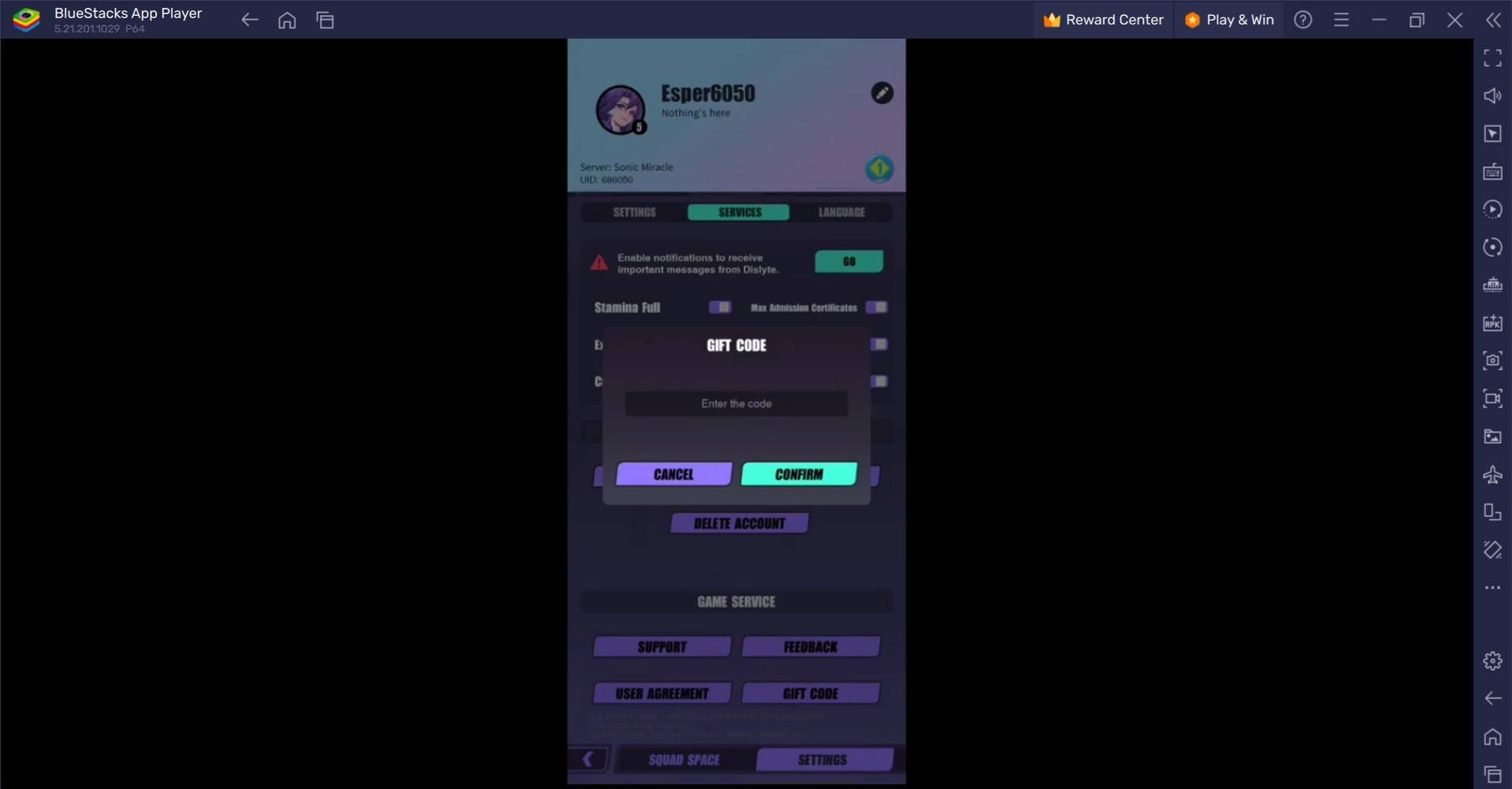It’s been a whirlwind 48 hours in the world of economics and gaming, especially for Nintendo enthusiasts. On Wednesday, the gaming community was hit with the news that the upcoming Nintendo Switch 2 would be priced at $450 in the U.S. This steep price tag, analysts say, is influenced by several factors including anticipated tariffs, inflation, competition, and rising component costs.
The situation escalated quickly when, last night, the Trump Administration announced sweeping 10% tariffs on nearly all countries, with significantly higher tariffs imposed on nations like China, the EU, Japan, Vietnam, Canada, Mexico, and others. In a swift response, China announced this morning a 34% reciprocal tariff on all U.S. goods. Amidst this backdrop, Nintendo made a surprising move just hours ago by postponing Nintendo Switch 2 pre-orders in the U.S. to assess the impact of these tariffs on their console strategy.
This unprecedented scenario has left analysts, experts, and the public scrambling to understand its implications. Just 30 minutes before Nintendo's announcement, I had a conversation with Aubrey Quinn, a spokesperson for the Entertainment Software Association (ESA), to discuss how these tariffs might affect the gaming industry at large.
The ESA, like many others, is still grappling with how these developments will unfold. Quinn mentioned that while tariffs were anticipated due to previous actions by the Trump administration and campaign rhetoric, the exact nature and extent of these tariffs were unexpected. The ESA is bracing for potential retaliatory measures from other countries and further U.S. tariffs. However, the long-term effects remain uncertain.
What is clear, according to Quinn, is that these tariffs will negatively impact the video game industry. “We really are, at this point, just watching and trying not to have knee-jerk reactions, because we don't think that what President Trump announced this week is the end of the story, but what was announced this week and the tariffs as outlined, we do expect these tariffs will have a real and detrimental impact on the industry and the hundreds of millions of Americans who love to play games,” Quinn stated. The ESA is committed to collaborating with the administration and elected officials to find solutions that protect both U.S. businesses and gamers.
Quinn emphasized that the impact would extend beyond just the pricing of gaming systems. She noted, “It’s hard to imagine a world where tariffs like these don’t impact pricing.” Consumer spending would also be affected, influencing company revenue, job security, investment in research and development, and even the design of future consoles. “The entire consumer ecosystem is connected,” she explained.
In response, the ESA is actively engaging with policymakers. Despite the challenges of navigating a new administration, Quinn said, “We know who the conversations need to be happening with, and we are working on making connections and making sure that they understand that we are eager to work with them to find solutions that this is about public, private sector conversations happening, so we can understand and make sure that they see the impact and the risk of impact to business, to consumers, and really everything that's happening within the US borders.”
The ESA has already joined forces with other trade associations to voice their concerns to U.S. Trade Representative Jamieson Greer and is seeking further meetings with legislators and administration officials. When asked if these efforts were yielding results, Quinn confirmed that discussions are ongoing at various levels of government. “This isn't a video game issue. I represent the video game industry, so I'm very aware of the impact on the video game industry, the potential impact, but it's not a video game industry. This is going to affect all consumer products from food to fashion to electronics,” she emphasized.
For concerned consumers, Quinn suggested reaching out to their representatives through letters, calls, emails, or social media to express their concerns. “I think the more members of government, elected officials, and their staff who hear that their constituents are concerned, the more likely we are to be heard and to potentially make an impact,” she advised.
Nintendo’s decision to pause pre-orders for the Nintendo Switch 2 came shortly after our conversation. When asked for further comment, Quinn clarified that the ESA does not comment on individual company decisions. However, regarding the high pricing of the Nintendo Switch 2, she remarked, “It's been interesting with media coverage around video games and tariffs because just unfortunate coincidental timing that the Switch [2 reveal] was the same day as President Trump's announcement. There are so many devices we play video games on. There are other consoles, but as I was saying, VR headsets, our smartphones, people who love PC games, if we think it's just the Switch, then we aren't taking it seriously. This is going to have an impact.”
She concluded by stressing the broader implications, “And even American-based companies, they're getting products that need to cross into American borders to make those consoles, to make those games. And so there's going to be a real impact regardless of company. This is company-agnostic, this is an entire industry. There's going to be an impact on the entire industry.”
 Home
Home  Navigation
Navigation






 Latest Articles
Latest Articles










 Latest Games
Latest Games












